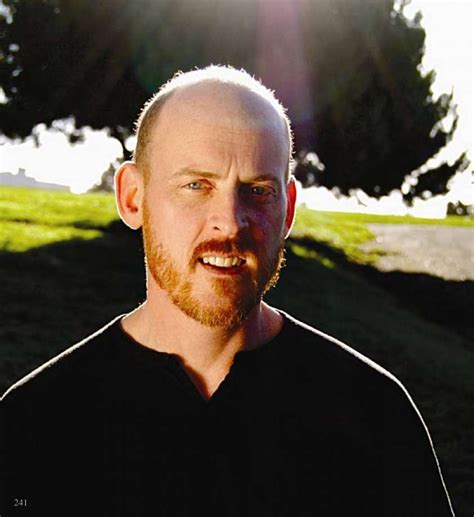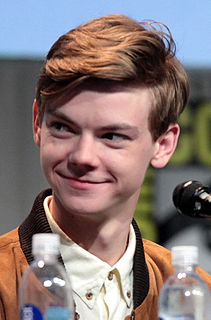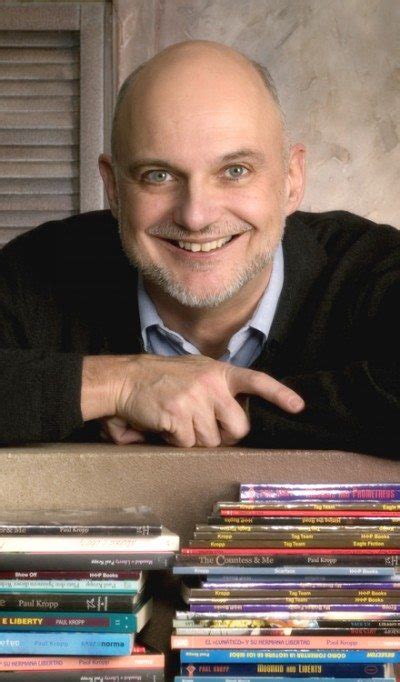A Quote by John Dufresne
I was reading for understanding. I wanted to do to a reader what Salinger did for me.
Related Quotes
Salinger is such a terrific writer; he did so many great things. He is one of those writers that I still reread, simply because he makes me see the possibilities and makes me feel like writing. There are certain writers who put you in the mood to write. In the way a whiff of a cigar will bring back memories of a ballgame on a Saturday afternoon, reading Salinger makes me want to get to the typewriter.
Not a lot of contemporary fiction is written about brothers and sisters. Salinger's Franny and Zooey was an inspiration for me. In Franny and Zooey, the sister gets in trouble and the brother comes to help her out. But I wanted to make sure that in my novel the sister had more to do than lie around on a sofa muttering, which is what Franny does for two-thirds of Salinger's novel.
I think too much is known about me already. I think biographical information can get in the way of the reading experience. The interchange between the reader and the work. For example, I know far too much about Norman Mailer and Kurt Vonnegut. Because I know as much as I do about their personal lives, I can't read their work without this interjecting itself. So if I had it to do over, I'd probably go the way of J.D. Salinger or Thomas Pynchon. And just stay out of it altogether and let all the focus be on the work itself and not on me.
As a reader, when the writer gets sentimental, you drift, because there's something fishy going on there. You recognize a moment that's largely about the writer and the writer's own need to believe in something that might not in fact exist. As a reader, you think, 'Where did the story go? Where did the person I'm reading about go?'
All spiritual growth comes from reading and reflection. By reading we learn what we did not know; by reflection we retain what we have learned. The conscientious reader will be more concerned to carry out what he has read than merely to acquire knowledge of it. In reading we aim at knowing, but we must put into practice what we have learned in our course of study.
I have always been a reader; I have read at every stage of my life and there has never been a time when reading was not my greatest joy. And yet I cannot pretend that the reading I have done in my adult years matches in its impact on my soul the reading I did as a child. I still believe in stories. I still forget myself when I am in the middle of a good book. Yet it is not the same.
A word, and all the infinite fluctuations it may possess. Like that moment when you know you have something to say, and you know you're speaking, even, but you still have no idea how you will say it. Or the moment when, as a reader, you're reading, and you are understanding what you are reading, but still have utterly no idea what will come next for you, what precisely the author wants to say. For me, that is the ultimate level of literary depth, of literary density.

































